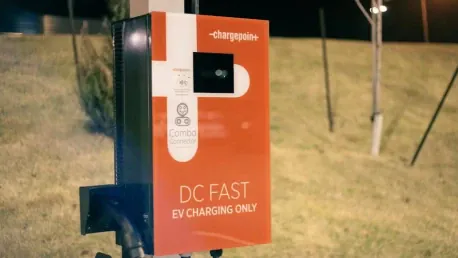Kenya is taking significant steps to enhance its electric vehicle (EV) infrastructure through the launch of its first Electric Mobility Draft Policy, which aims to develop EV solutions across road, rail, air, and maritime transport. The introduction of the National Building Code 2024 illustrates the country’s commitment to integrating EV infrastructure by mandating commercial buildings to allocate 5% of their parking spaces for EV charging, including the necessary infrastructure for it. Illustrating the growing interest in electric vehicles, 2,694 new EV registrations were recorded from July to December 2023. The government plans to further promote this trend by introducing at least 1,000 EVs for police and national government officials, showcasing a comprehensive strategy to drive adoption.
Kenya Power has been playing a pivotal role in supporting these efforts by establishing EV charging stations and committing an investment of KS##58 million (approximately $1.9 million) over the next three years. The infrastructure includes both 50kW DC and 22kW AC chargers, facilitating one-hour and two-hour charging times respectively. This extensive approach underscores Kenya’s dedication to advancing the use and infrastructure for electric vehicles. By implementing these initiatives, Kenya is positioning itself as a leader in the transition to sustainable transportation, reflecting a broader commitment to environmental responsibility and technological innovation.









